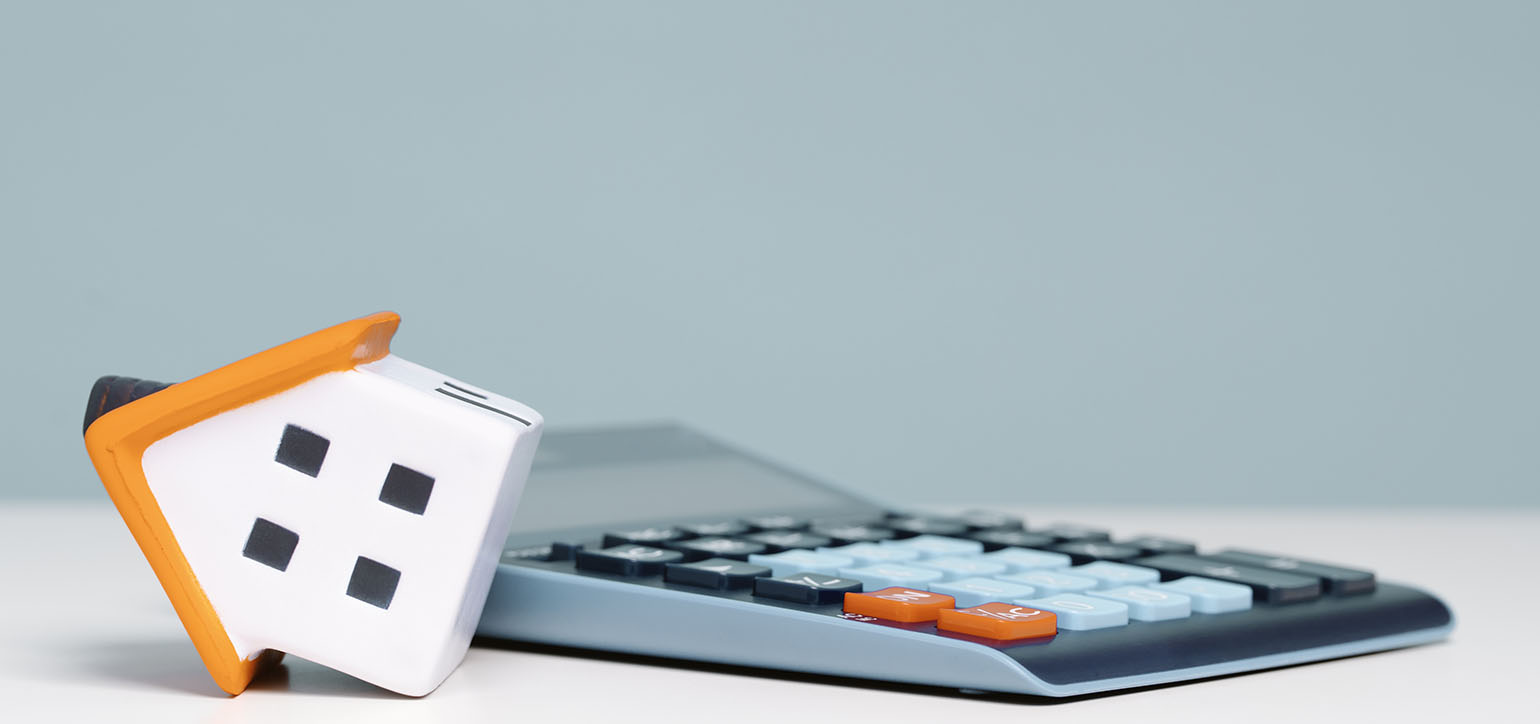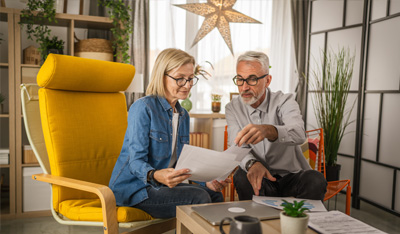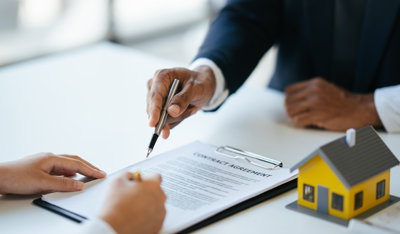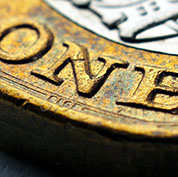Can I borrow money against my house to buy another property?

The UK has one of the largest property markets in Europe and consistently offers strong investment returns. This is the primary reason many people look at purchasing a second home. The second income can make life easier now and help you create a more prosperous retirement.
However, to buy a second, (or third) property, you’ll need a deposit. Typically, you’ll need a 25% deposit when purchasing a second property. That’s a hefty sum which is why many people look to release funds from their current home.
Understand how does home equity work
Home equity means the amount of your property that belongs to you. For example, if you buy a property for £200,000 and put down a 10% deposit, the mortgage company owns £180,000, and your equity (the part you own) is £20,000, or 10%. After 10 years of faithfully paying the mortgage, you may owe £100,000, meaning your equity is £100,000: 50% of the property value. (For the sake of the example, we’re ignoring property appreciation.)
In short, the longer you pay your mortgage the greater your share of the property value. This equity can be accessed in various ways:
- Remortgaging
Speak to our mortgage specialists and you can take out a mortgage to replace your existing mortgage. The new mortgage will repay the original and give you additional cash. This can be used for your second property deposit.
- Secured loans
It’s also possible to take out a loan which is secured against the house. This runs alongside the mortgage and works like a standard loan. The difference is, default and the lender can take your home.
- Revolving credit
This is similar to a secured loan, however, you don’t have to draw all the agreed funds in one go. There is a distinct draw period which is followed by the repayment period, when you have to repay the credit you’ve borrowed.
Criteria and eligibility for securing a loan against your home
To borrow against your home you need to be listed as an owner on the deeds. You’ll also need the following:
- Owned the property for at least 6 months
- Proof of income – 3 months payslips or 3 years tax returns for self-employed
- High credit score – most lenders prefer it to be over 600, we suggest to improve your credit score if too low
- Debt-to-loan ratio below 30%
- Any other document an individual lender wants
What interest rates and fees you should expect?
It’s typically cheaper to borrow money against your house than it is to use credit cards and unsecured loans. Depending on the mortgage you choose, the interest rate can be the same as the current Bank of England rate. Currently, the average mortgage interest rate is just below 6%. It is possible to get lower rates by choosing a longer-term fixed-rate mortgage deal.
You should also verify if there are other charges, such as a valuation fee, mortgage or equity release administration fee, or early repayment penalties. These can be an issue when you want to pay back your mortgage early, specifically when remortgaging. Your current mortgage may have these fees.
What are the risks and considerations when using your home as collateral
Before you go ahead, it’s a good idea to speak to our equity release specialists. They will highlight the dangers which include:
- Failing to pay the new mortgage payment could mean losing both properties
- Opting for a secured loan or second charge on your property is likely to mean a larger monthly expense than your current mortgage
- Fees can add up quickly, you need to be ready for them
The process of applying for a loan against your house
- Have your home valued
- Work out your debt-to-income ratio (should be under 30%)
- Check your credit score
- Speak to Moneysprite to find the best mortgage deal – we’ll help with the application too
- Provide fact-proving documents
- Wait for a decision
- If successful, sign final documents and wait for the mortgage to be finalised/additional funds released
Ready to explore your options for borrowing against your home?
It’s time to take a look at your finances and future plans. Using your home to invest in property can be a lucrative investment opportunity. Call us at 0345 450 4660 for a consultation and discover your options!
YOUR PROPERTY MAY BE REPOSSESSED IF YOU DO NOT KEEP UP REPAYMENTS ON A MORTGAGE OR ANY OTHER DEBT SECURED ON IT.
MOST BUY TO LET MORTGAGES ARE NOT REGULATED BY THE FINANCIAL CONDUCT AUTHORITY.
Approved by The Openwork Partnership on 16/10/2025.
From Our Blog
Stay up to date with us

Everything you need to know about pound cost averaging
If you've been putting off investing because you're worried about timing the market perfectly, pound cost averaging could be perfect for you.
Read More >
How to decide if an interest only mortgage is for you
You've probably heard about interest-only mortgages and wondered if they might be right for your situation.
Read More >
Working beyond the State Pension age
Thinking about continuing to work after reaching your State Pension age?
Read More >
Can I get a mortgage if I'm on a zero-hour contract?
Getting a mortgage on a zero-hour contract is absolutely possible.
Read More >Make an Appointment
Send a request and we’ll schedule a meeting





